Saving water in hot weather
When the weather heats up, we all use more water – to hydrate, keep plants alive, or help the kids stay cool. Warmer weather can also mean less rainfall, impacting water supply, so it’s important we all do our bit to use a little less water.
Why do we need to save water?
Warmer, drier months can be a challenge for all water companies as daily demand goes up by hundreds of millions of litres, putting pressure on our supply networks.
An increase in demand can also affect local water sources, like Hampshire’s chalk stream rivers and the wildlife that depends on them.
There’s only so much water we can take from the environment, especially during drier weather when river levels are low, and so It's important we manage demand during hot weather to protect these precious ecosystems.
To help us do that, we ask you to use a little less water during hot weather. Whether that’s indoors for washing, cleaning or drinking, or outside in the garden, just a few small changes can make a big difference.
The South East is water scarce and we must act now to protect future water supplies and the environment.
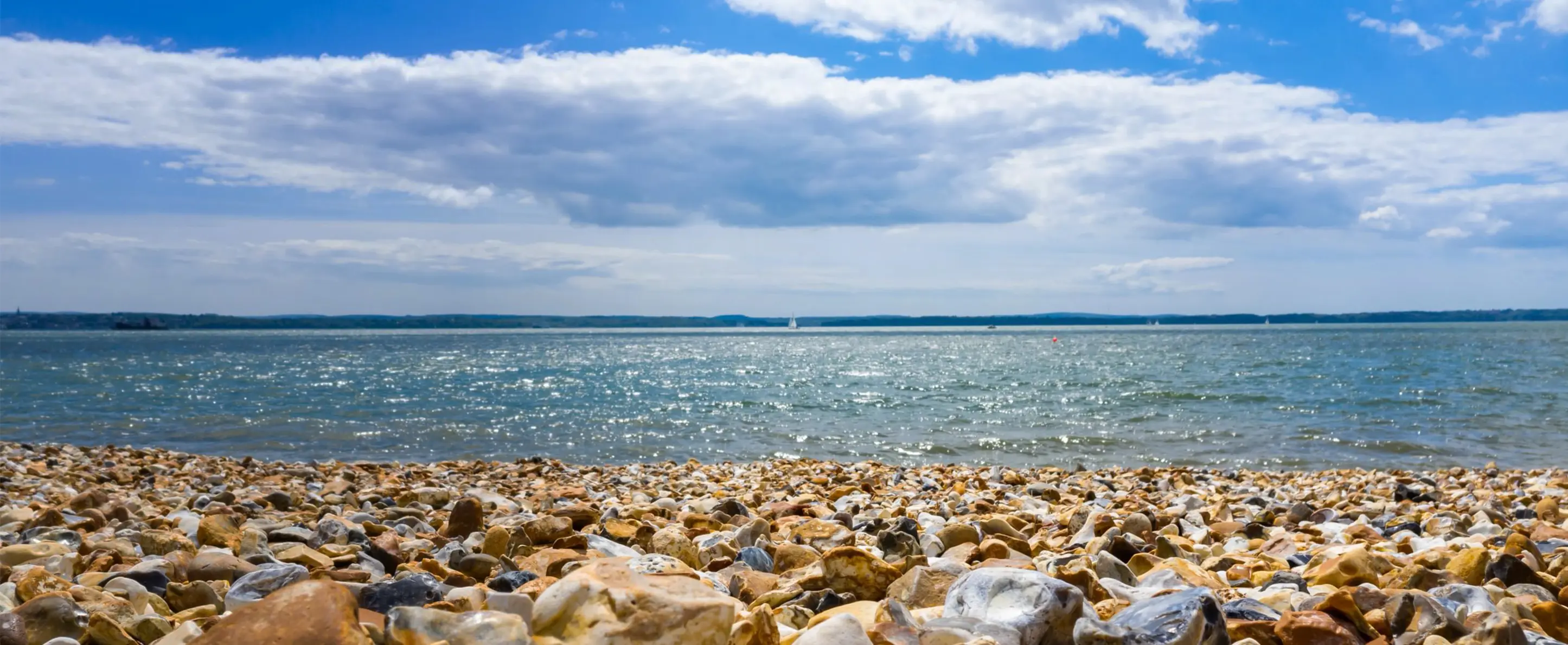
How to save water in hot weather
It's important to save water all year round, but here are some extra things you can do when the weather heats up.
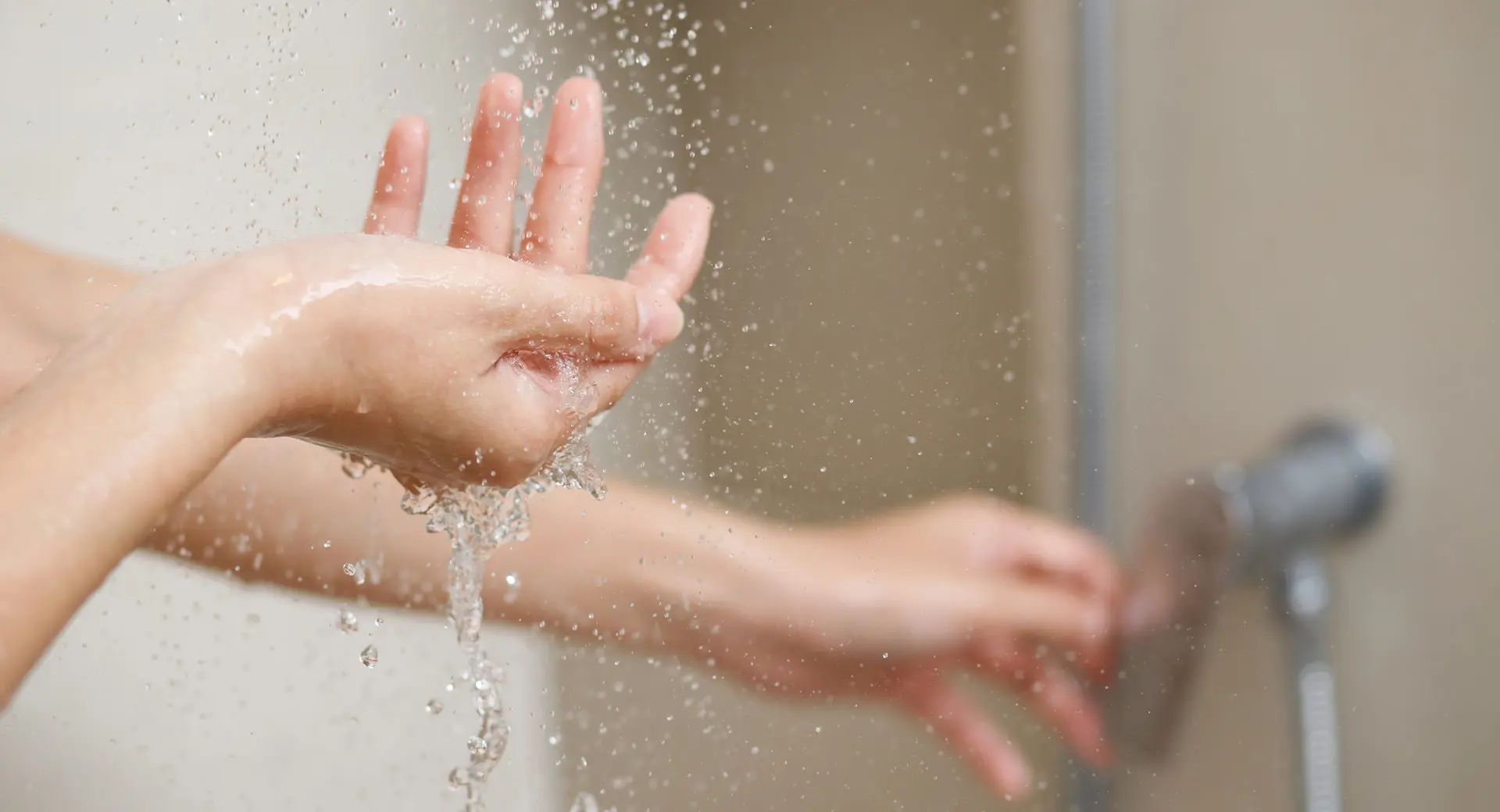
Take short showers instead of a bath
Showers use much less water than a bath, especially if you keep them short. Just one less minute in the shower can save up to 15 litres.
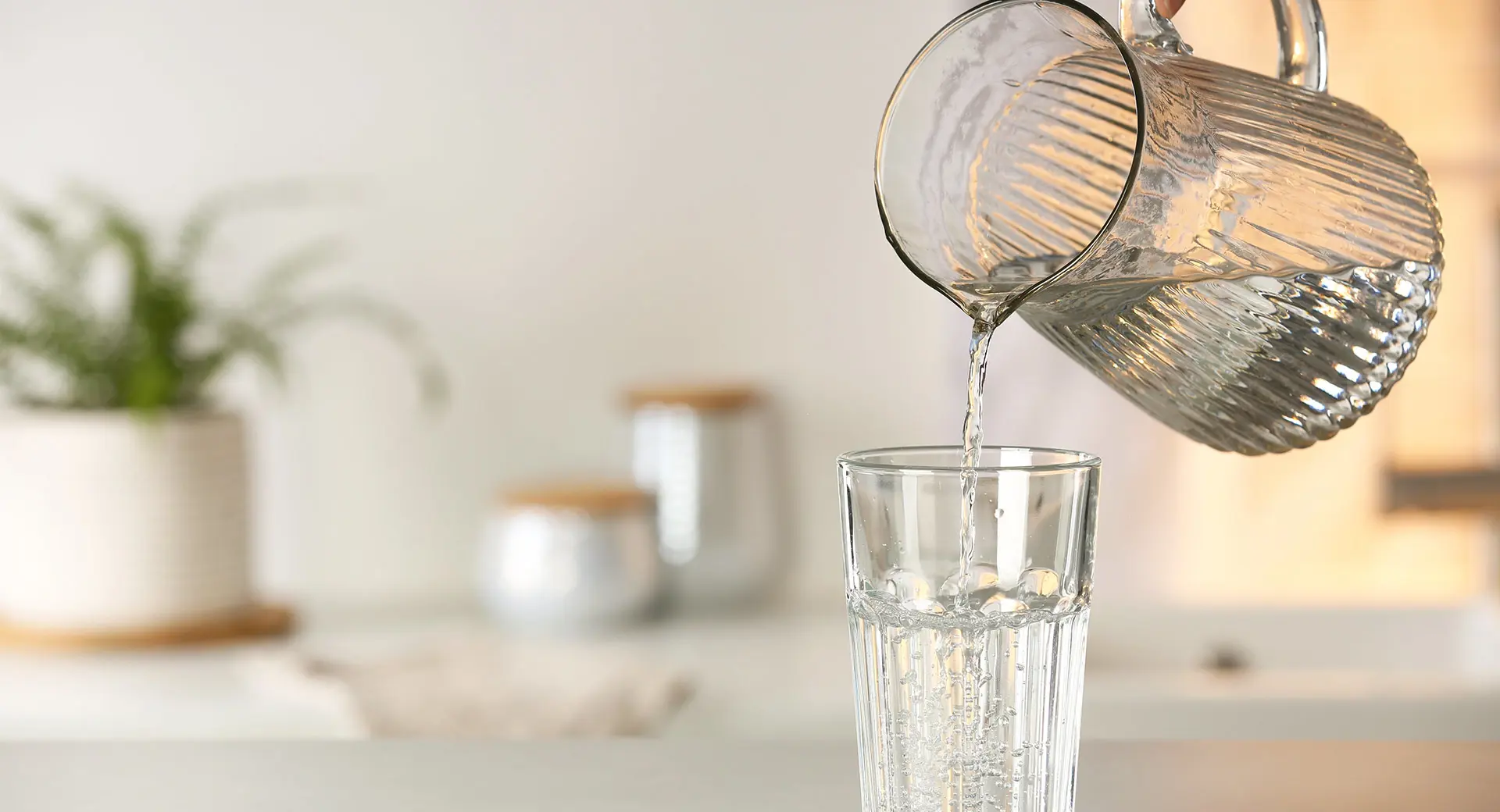
Keep a jug of water in the fridge
Instead of letting your tap run while you wait for it to go cold, try storing some in your fridge. Remember to replace it with fresh water after 24 hours.
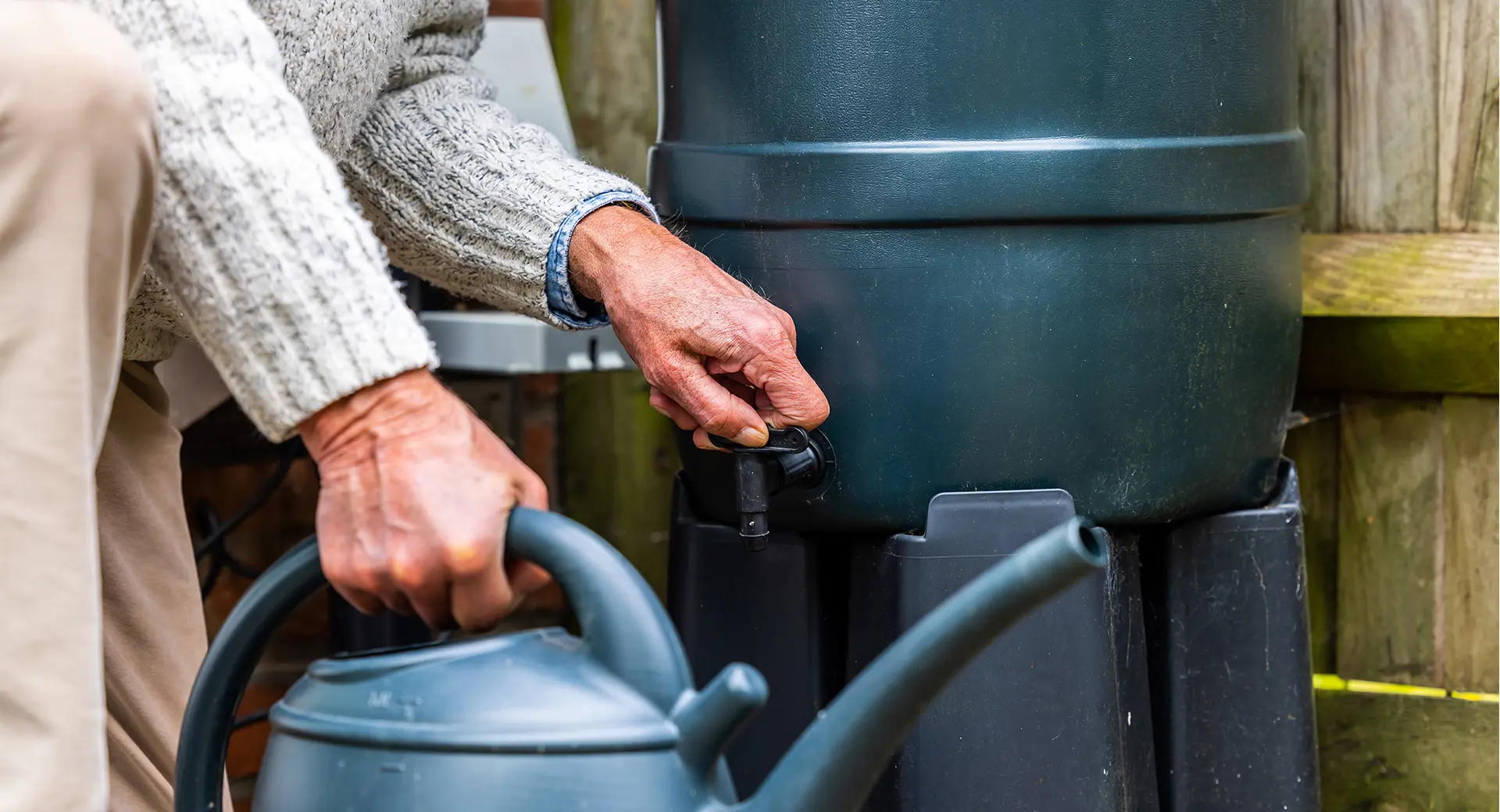
Avoid using hosepipes or sprinklers
These can use as much as 1,000 litres of clean water an hour. Use a watering can instead could save up to 4,050 litres a year. You can also use dishwater or water used to boil vegetables or pasta for your garden.
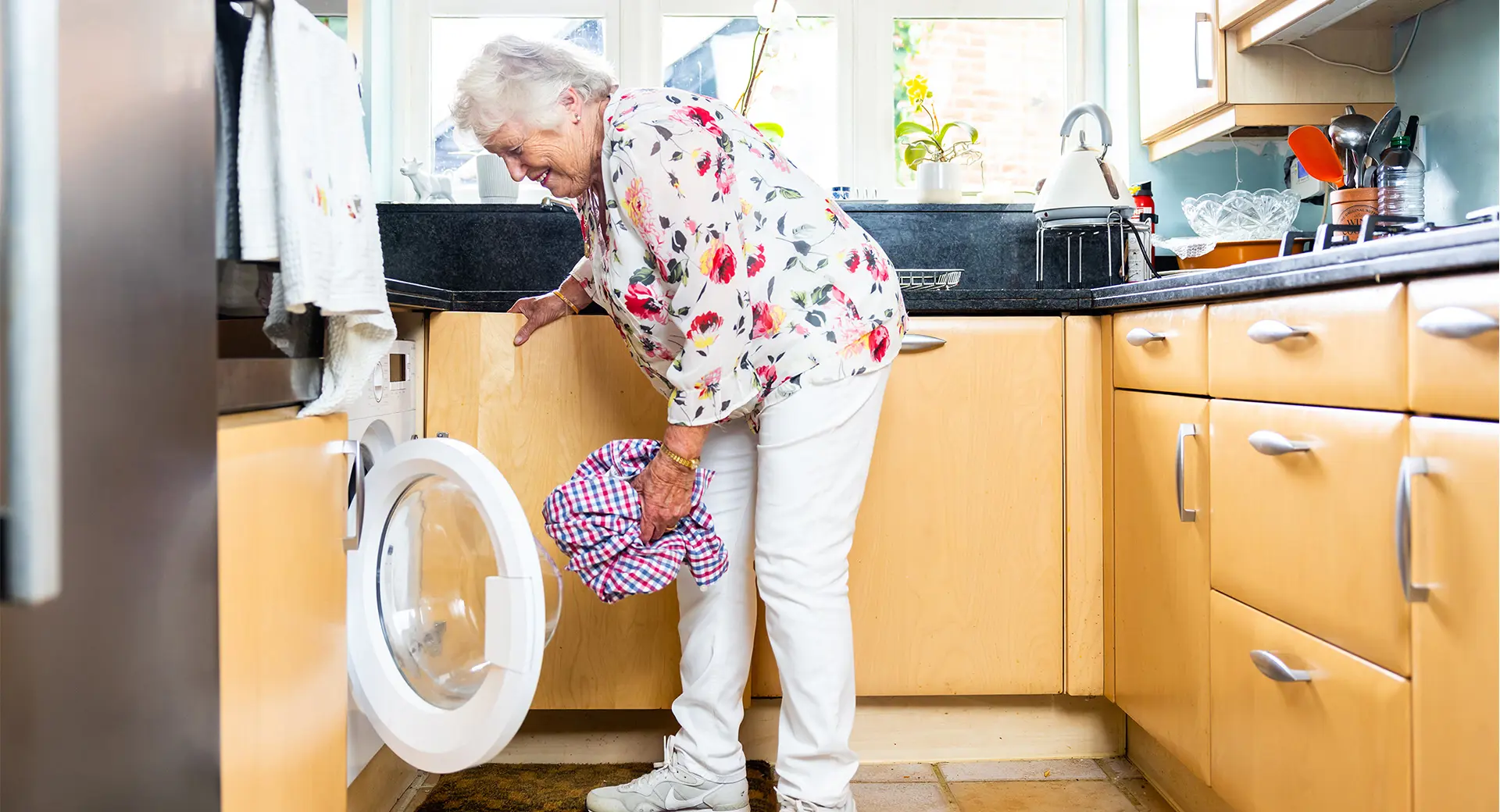
Avoid non-essential chores
Holding off on tasks like washing your car or windows can help us save water when we need it the most.
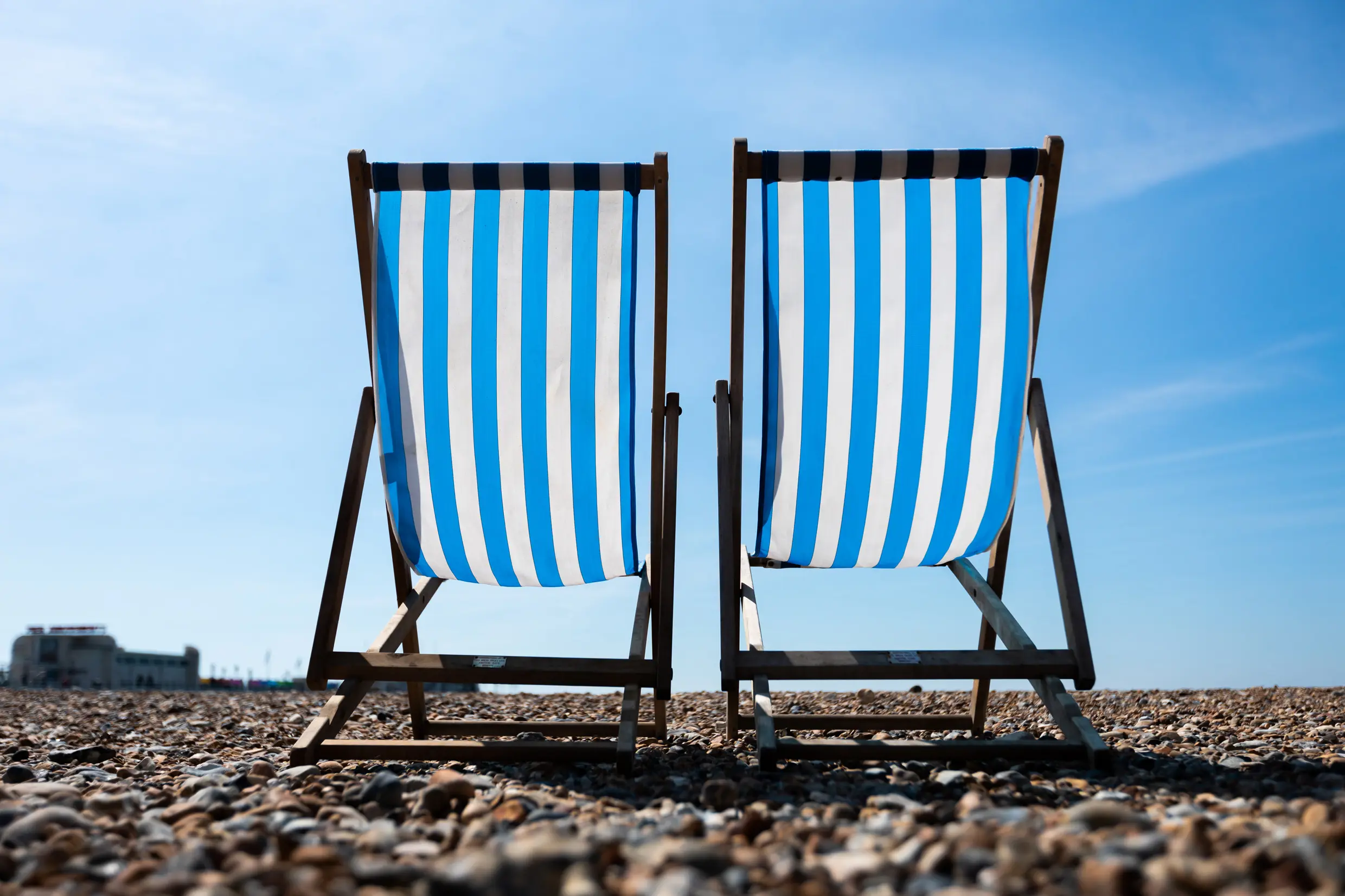
Leave the paddling pool
Paddling pools can use up to 400 litres of water – that's almost equal to a family of four's daily water usage. Try visiting a local beach or open-air swimming pool instead.
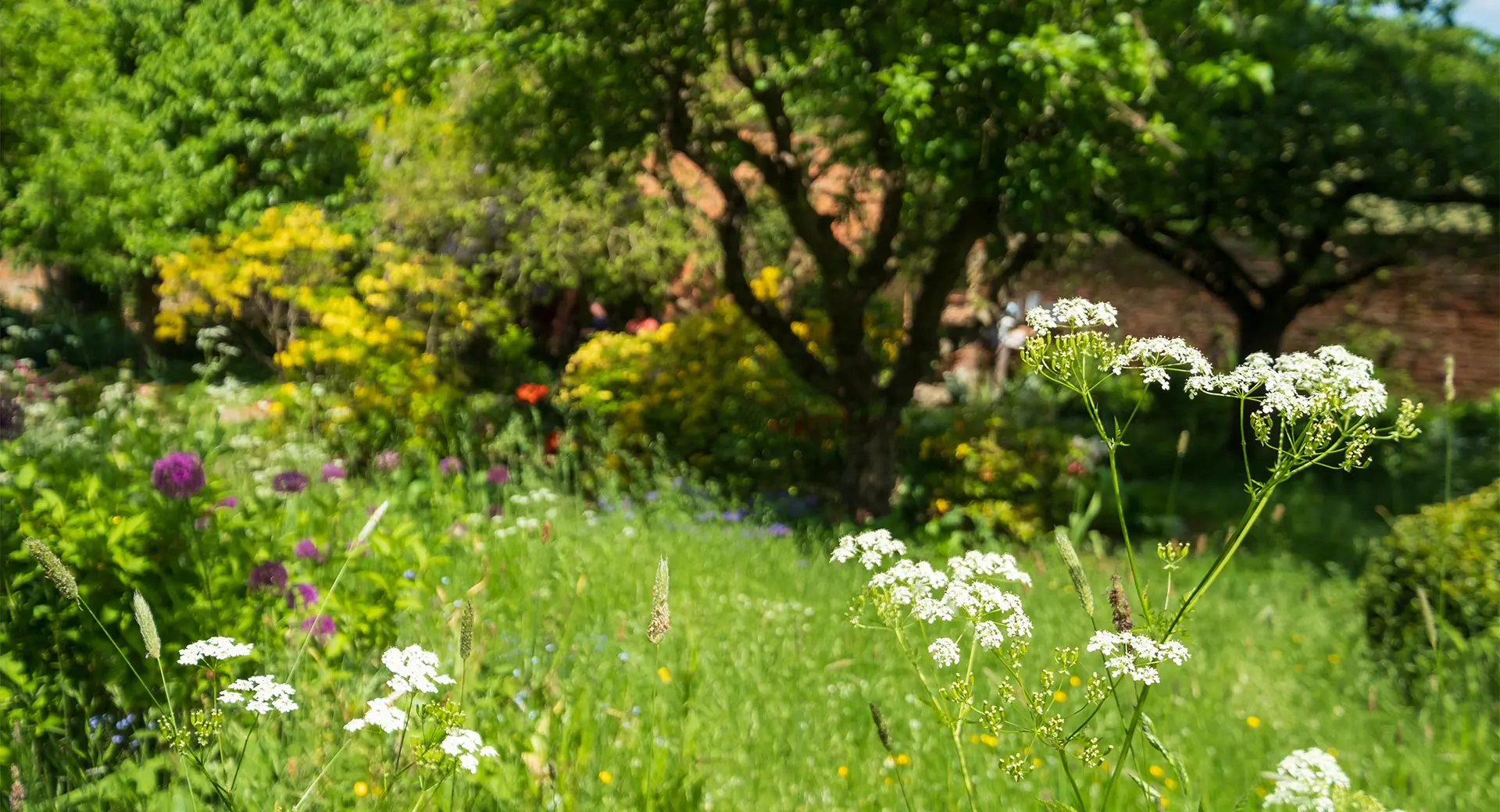
When to water your plants
If you can, water your plants early morning or in the evening – the water will be less likely to evaporate. Watering in the evening also encourages the slugs and snails to come out at night. Don't be afraid to let your lawn go brown either, it's a natural survival mechanism.
Did you find the information you are looking for?








